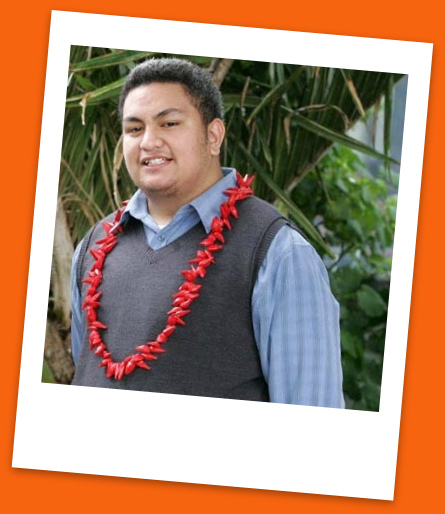Correspondence: “Lest we forget Gallipoli and the First World War”
May 22A national commemoration to mark the sacrifice of tens of thousands of Australians and New Zealanders during the First World War brings home the tragedy of war and the importance of civic responsibility for Fale Andrew Lesa, a 21-year-old Commonwealth Correspondent from Auckland, New Zealand.
 ANZAC Day is a national day of remembrance in Australia and New Zealand, officially commemorated by both countries on 25 April every year to honour members of the Australian and New Zealand Army Corps (ANZAC) who fought at Gallipoli, in Turkey, during World War I.
ANZAC Day is a national day of remembrance in Australia and New Zealand, officially commemorated by both countries on 25 April every year to honour members of the Australian and New Zealand Army Corps (ANZAC) who fought at Gallipoli, in Turkey, during World War I.
For this year’s 2011 ANZAC commemoration, I made preparations to ensure my attendance at the 6am dawn service at our local memorial gardens.
A 5 am wake-up call seemed like the least of my problems. Rain battered down with no end in sight, and the echo of strong gusts of wind was certainly no reassurance. I thought aloud, ‘this is going to be a wet and wild dawn service, and I would rather stay in bed’.
As we arrived I noticed, almost immediately, that there were no sheltered areas for the attendees, and that we were all going to have to make do with our coats and umbrellas. I was tempted to write a letter to the local newspaper on my return, enforcing a sense of rage at the extreme lack of initiative displayed by the organisers. It seemed as though the conditions were ripe for hypothermia, and shelter was a basic commodity.
As we took to our places across the neatly organised lawn I was taken aback by the number of young children who braved the weather and accompanied parents and grandparents to the dawn service. Were they comfortable enough to avoid a cold/flu virus? Did they really manage at least eight hours of sleep the night before? At 6 am the sound of rifles filled the air, and we were greeted at the podium behind the flagpole by Auckland’s president to the RSA (Returned Servicemen Association NZ).
I didn’t know it then, but his speech would prove to be the highlight for the entire dawn service, and is deeply-embedded in all those who received it on this dreadful Monday morning. In his concluding remarks he made note of the treacherous weather conditions.
He reminded us that, even though our discomfort was obvious, ANZAC soldiers had to put up with a much worse climate, and eight months of it in total. From frostbite to starvation, dehydration to hypothermia – you were bound to experience at least three of them in your combat experiences.
It reminded us that soldiers all over the world, and in all conflicts before those of the present day, experienced conditions unbeknown to the ordinary New Zealander that morning. Conditions that plagued the soldier even beyond the battlefield and accompanied them into their own homes.
We heard storyies of soldiers who returned emotionally and psychologically tormented by their travails, and many who never recovered, seeking suicide as a final refuge. Many of our young soldiers registered for the adventure of travelling abroad, and of comradeship, little did they know of the misery that lay beyond the horizon.
Upon my return from the service I realised how naive I was as a young person about the grand scale of civil responsibility. Earlier that day I was more concerned about the weather conditions, and fussed over the lack of sheltered provisions on-site. I feared for the health and wellbeing of children, and wondered how long the service would run, and whether breakfast would be ready for me at home.
It took me the shared experiences of soldiers, and their immediate relatives, to reconcile with the bigger picture of ANZAC commemorations. I was ashamed, and embarassed. I was angry with myself for the glory I showered on materialistic comfort. I have come to realise that the conditions on this frosty Monday morning were but nothing compared to the conditions endured by ANZAC soldiers during WWI, and of all soldiers in general who serve military campaigns across the globe.
As young people it is very common for us to undervalue the role of history in the shaping of our environment. Tens upon thousands of New Zealanders attended dawn services across the country on ANZAC day. Just how many realised the true extent of the combat experiences and sacrifices made for our freedoms and liberties by so many?
We often enjoy the freedoms given to us without a thought for their origins, and of the overall price that was paid for them. Lest we forget the ultimate sacrifice, may such experiences enlighten us all in the path to civil leadership.



